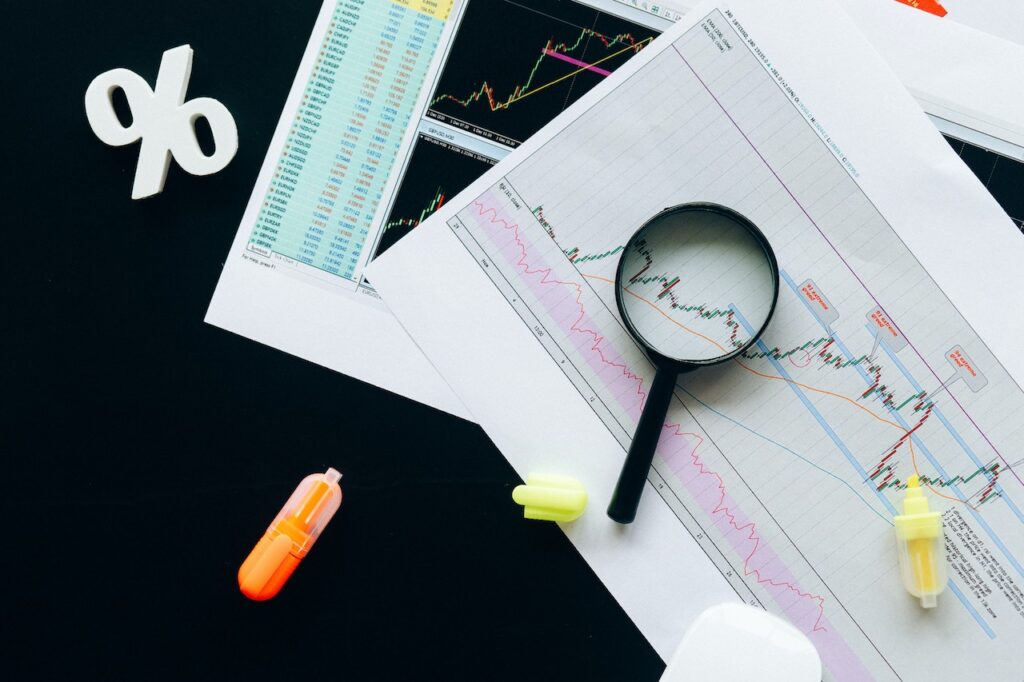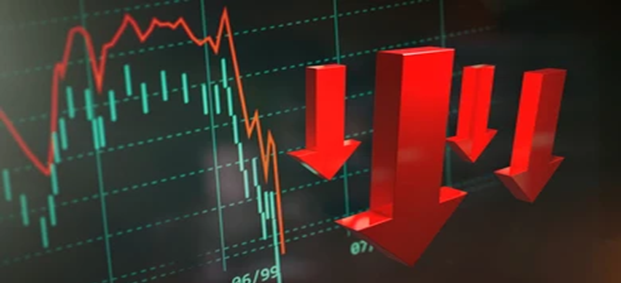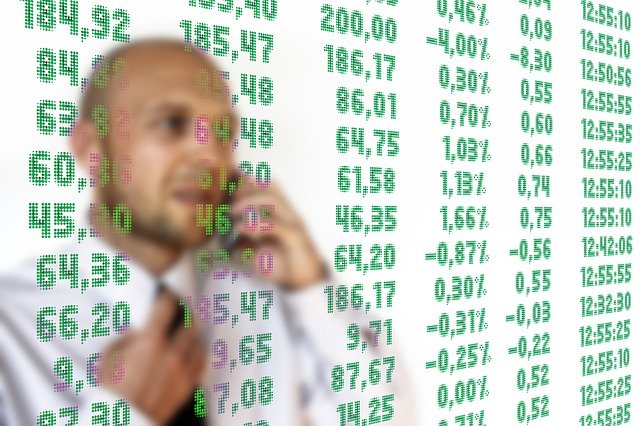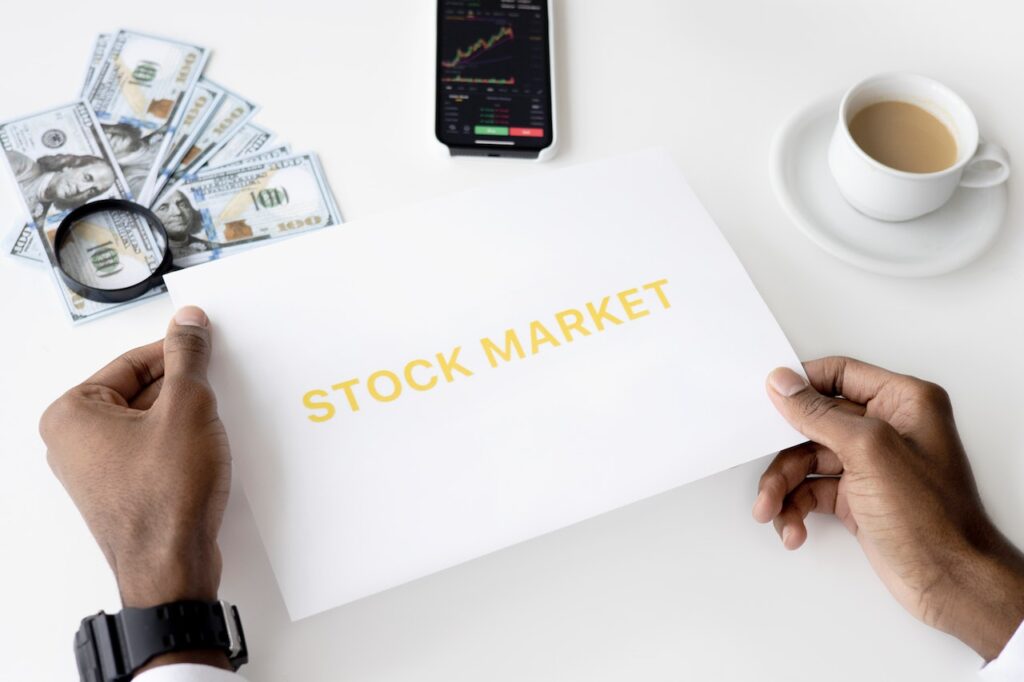The Forex market is a global marketplace that involves the purchase and sale of currencies. Its various markets include the Over-the-counter, Interbank and Spot markets. It also includes Currency options. These markets allow you to speculate on the price movement of a currency without a counterparty. There are many types of currency exchange trading, each with its own set of rules and regulations.
Spot market
In the forex market, the spot market is the place where transactions are made on financial instruments for instant delivery. These transactions can occur on exchanges or over the counter. The New York Stock Exchange is one of the most popular spot markets and trades billions of dollars every day. The most commonly traded spot currency is the USD/JPY.
This type of trading is different from forward and futures trading, which involve planning. The reason is that a market maker in the spot market may fail to deliver the product. This creates a counterparty risk. This type of risk can make it difficult for investors to trade in this type of market.
In a spot market, the price is determined by different participants. The spot price can change significantly, depending on supply and demand. A change in the spot price can be triggered by news headlines regarding the asset and significant events in the market.
Interbank market
The Interbank market is the top level of the forex market, where banks trade various currencies. This can be done directly or through electronic brokering platforms. Many banks use electronic brokering platforms to take advantage of the market and make it easier for their clients to buy and sell currencies. It is one of the safest and most liquid markets.
In the Interbank market, large banks provide liquidity for the market. Central banks also intervene in the market to maintain currency stability. High-net-worth individuals use this market to deal in forex, often in transactions over a million dollars. Professionals on the Interbank market deal with forex advisors who are part of a dealing desk.
The interbank market is a decentralized network of banks who trade currencies and currency derivatives between themselves. These transactions take place in seconds and are based on previously agreed-upon terms. Some of these transactions are for client accounts and some are for proprietary use. These transactions help banks manage risk by regulating interest rates.
Over-the-counter market
The over-the-counter forex market is an excellent option for investors who wish to avoid the high costs of trading on an exchange. This type of trading is not regulated by any country and allows for much lower transaction costs than an equity market. It is also known for its free-flowing structure and ease of use.
The OTC forex market is dominated by major global banks, which account for 60-70 percent of daily forex market trade. These banks play a key role in managing the overall trading volume, demand-supply dynamics, and liquidity. Other major players are hedge funds, pension funds, and high-net-worth investors. Brokers are also an important part of the OTC forex market, which provides vital liquidity to the marketplace and acts as intermediaries between buyers and sellers.
Traders in the OTC forex market have two main options: they can fix a stop-loss order or a take-profit order, or they can trade at any time of day or night. The Forex OTC market is expected to continue to grow as new investors enter the market.
Currency options
Currency options are a form of derivative trading. If you buy a currency option, you have the right to exchange it for another currency at a predetermined price before the option expires. A currency option’s premium is a measure of the risk associated with the policy, and is usually determined by the market’s implied volatility for the tenor of the option. There are two types of currency options: time-based and intrinsic.
Currency options on the forex market can be bought or sold, and their prices are derived from the base currency. If you’re bullish on one currency, you’d buy a call, and if you’re bearish on another, you’d sell a put. The exercise style is also specified in the contract. In the American Style, you can exercise the option at any time before its expiration date, while European Style requires you to exercise the option by a specific date.
Currency options on the forex market are priced using a mathematical pricing model, similar to the Black Scholes model, which was originally developed to price stock options. Another currency option pricing model, developed by Garman and Kohlhagen in 1983, incorporates the interest rate differentials between the currencies.









Facebook Comments